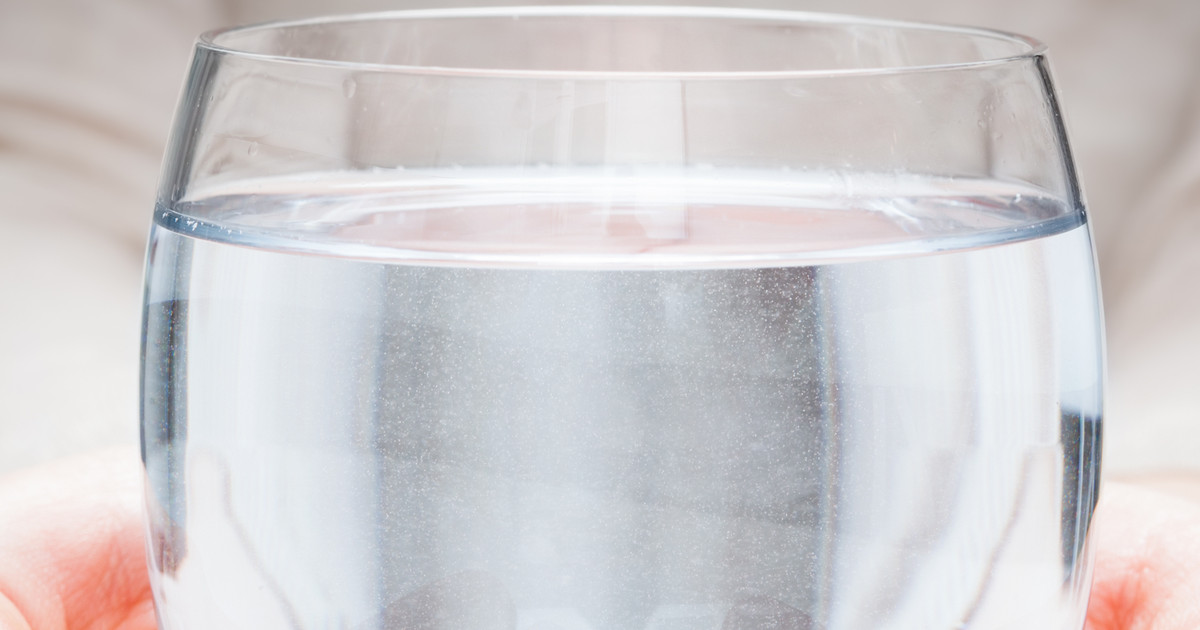Different Ways To Treat Bronchiectasis
Bronchiectasis is the thickening of the walls of the bronchi because of chronic inflammation or infection, which causes an accumulation of mucus. It can be caused by many different conditions, including inflammatory bowel disease, alpha-1-antitrypsin deficiency, and chronic obstructive pulmonary disease. Bronchiectasis can cause shortness of breath, feeling tired, fever, chills, wheezing, and coughing up mucus every day. There are periods, called exacerbations, where the symptoms become worse, and treatments need to be increased or implemented.
Get The Flu And Pneumococcal Vaccines

Individuals need to get the flu vaccine every year, even if news agencies are reporting it is not very effective. Some protection from getting the flu is better than none, as even if someone who received the vaccine does end up with the flu, symptoms are far less severe. Since the flu vaccine can change from year to year, it needs to be done routinely when the new vaccines become available.
Patients generally only need to get a pneumococcal vaccine once, but some doctors do give a second shot five to ten years after the initial shot. The second shot depends on the patient's health and the preference of the doctor. The reason it is important to get these vaccines is to try to reduce the chance of falling ill. If an individual does get sick, it will cause additional damage to the lungs. Additional damage can lead to loss of lung function on top of the damage being done by the bronchiectasis. Patients want to try to minimize any additional loss of lung function or lung damage from any other source.
Stay Hydrated

If patients stay hydrated, the mucus in the lungs will be thinned and will be easier to get it out. If individuals do not drink enough water, the mucus will get thick and thus, is harder to cough out of the lungs. When the mucus is not sitting in the lungs, it causes fewer problems and makes it easier to breathe. It may take some getting used to when trying to increase one's water intake, but over time, it will become easier and become second nature.
This will benefit, not only the lungs but the whole body and health in general as well. This is because avoiding dehydration can help patients feel less tired, feel more alert, and reduce other physical problems associated with it. Many individuals do not drink enough water, so some patients might be surprised how much more water they should be drinking compared to what you are drinking.
